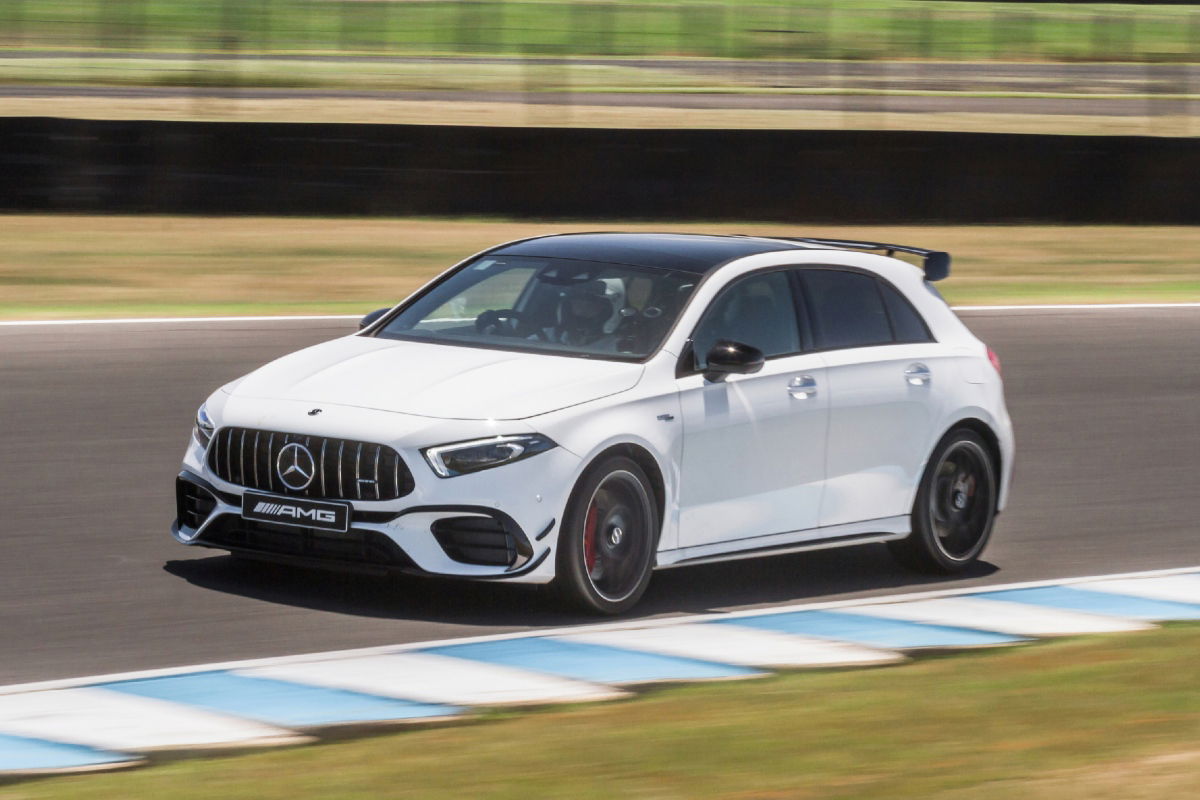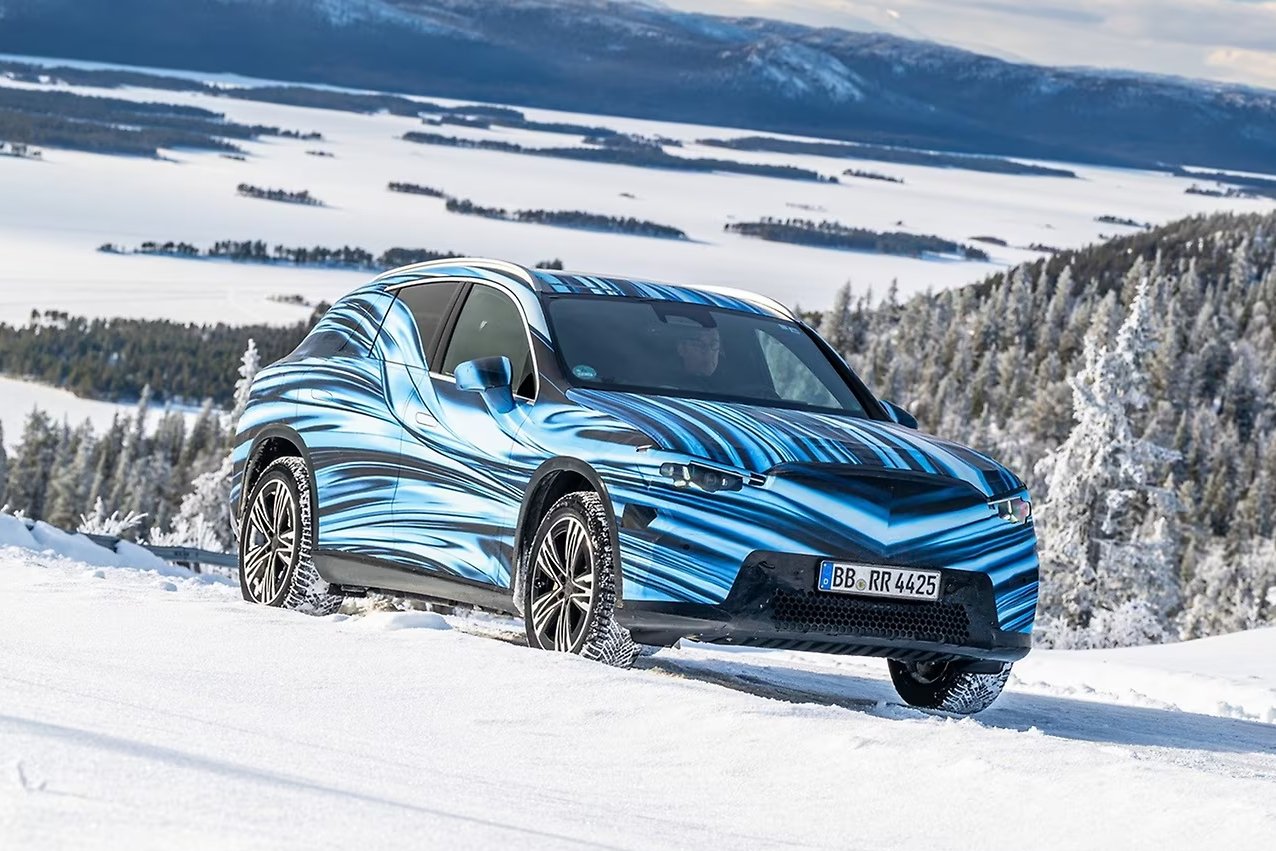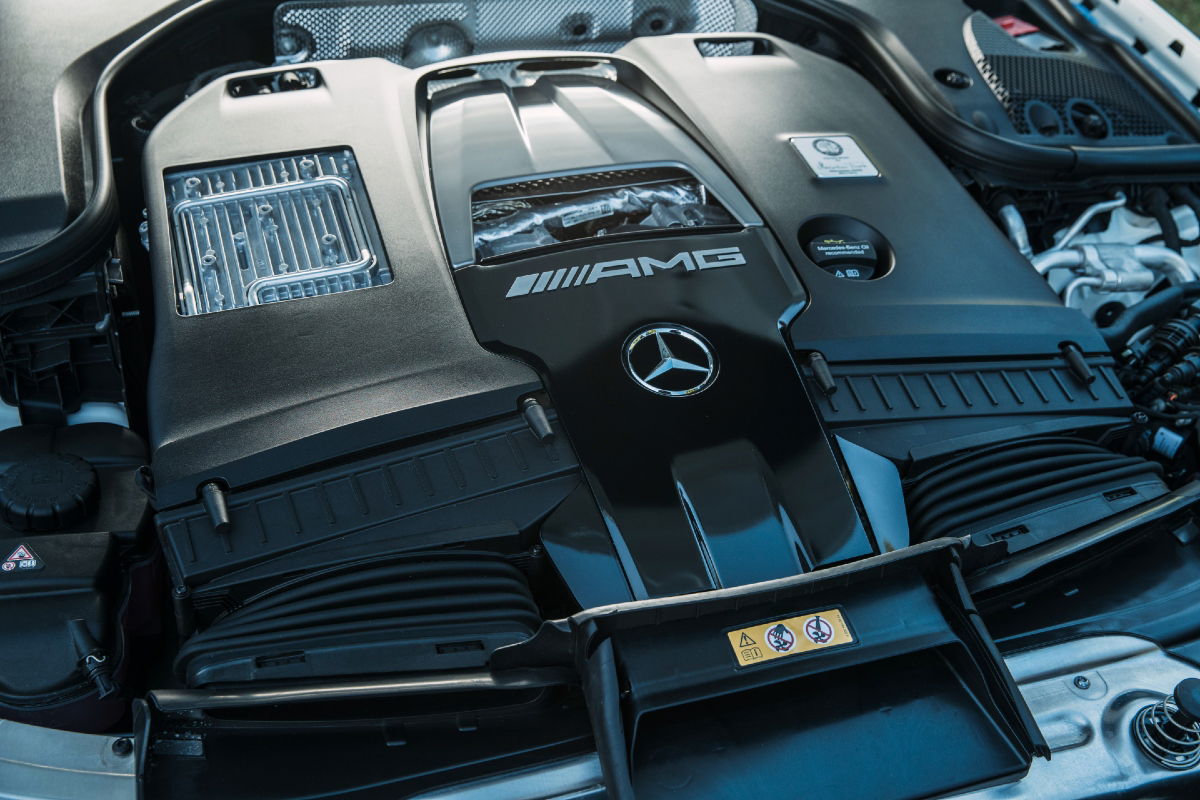Sales of electric vehicles continue to grow globally, however the repeal of incentives in most markets as well as limited infrastructure means the big boom in popularity has come and gone.
That is affecting carmakers, who projected their lineups would go fully electric by certain dates, and are now devising new strategies to reduce their tailpipe emissions while giving customers the cars they want.
One such brand is Mercedes-Benz, and its CEO Ola Källenius has told German publication Auto Motor und Sport that demand for new petrol and diesel internal combustion engine-powered vehicles is exceeding expectations.
“The electrified, high-tech combustion engines will run longer than we originally expected,” Källenius said, speaking of the Mercedes-Benz GLC, which will soon be available with the option of electric-only power.

“We have made this course correction. But we are also, quite literally, using electricity, not just gas.
“I believe the most rational approach in the current situation is for an established manufacturer to do both and not neglect one technology.”
Mercedes-Benz was one of the first carmakers to revise its EV sales targets last year, following a slow-down in demand for battery-powered models.

In 2021, it targeted EVs – which included plug-in hybrids – to account for half of its global vehicle sales by 2025, however it delayed this to 2030 last year, with reports suggesting it was set to fall wide of the mark with only 20 per cent penetration in 2023.
Its original EV sales target announcement also included plans to only roll out zero tailpipe emissions models from 2025, which has also been delayed to an unknown date.
Mercedes-Benz sells 10 electric models across its passenger vehicle and van ranges in Australia, which totaled 887 sales in the first three months of 2025. This represented approximately 14 per cent of its overall sales.











Diskusi tentang posting ini